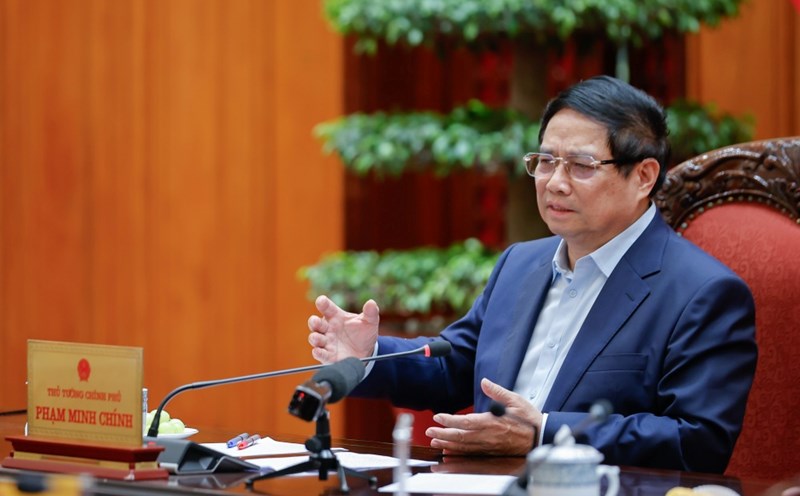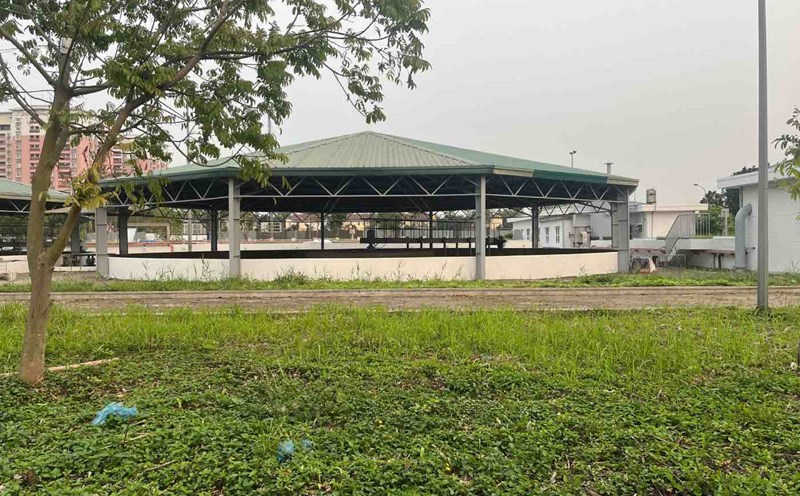In the afternoon of 3.4, at the regular press conference in the first quarter of the first quarter, the representative of the Ministry of Finance had assessments after the US government announced a new tariff policy on the morning of the same day, whereby the tax rate applied to goods exported from Vietnam was up to 46%, covering more than 90% of the item.
Mr. Truong Ba Tuan - Deputy Director of the Department of Tax, Fee and Charge Policy Supervision - said that the tax rate applied by the US side is very high and will certainly create a negative impact on Vietnam's export activities.
Proactively respond
Mr. Tuan said that in the past, the Ministry of Finance has proactively and comprehensively reviewed tax policies - especially import taxes. On that basis, the Ministry has advised the Government to issue a Decree to reduce MFN tax (national minimum tax rate), applicable to many items from major partners, including the United States.
We hope to contribute to maintaining trade balance, while helping people and businesses access goods at more reasonable prices. Some items such as Pethanol, wood, cars... have been adjusted to reduce taxes, Mr. Tuan shared.
However, with the 46% tax rate that the US has just announced, Mr. Tuan noted: "If only calculating current taxes, the calculation rate will not be up to 46%. Therefore, it is necessary to consider additional factors other than taxes and study carefully to make appropriate proposals to submit to the Government.
He also said that the Ministry of Finance is continuing to review other taxes such as special consumption tax, ... to ensure tax reduction for imported goods from other countries.
Taxes cannot be used alone to solve imbalances
At the press conference, Deputy Minister of Finance Nguyen Duc Chi emphasized: Vietnam has been very proactive in reviewing tax policies for imported goods. However, to achieve a real trade balance, it is impossible to rely solely on tax tools, Mr. Chi stated.
The Deputy Minister said that sustainable trade development requires coordination between many factors. If only taxes are increased, two-way trade risks narrowing. Therefore, we need to persevere in dialogue with partners, especially the United States, to move towards the goal of balanced and long-term development, for the benefit of the people and businesses of the two countries.











